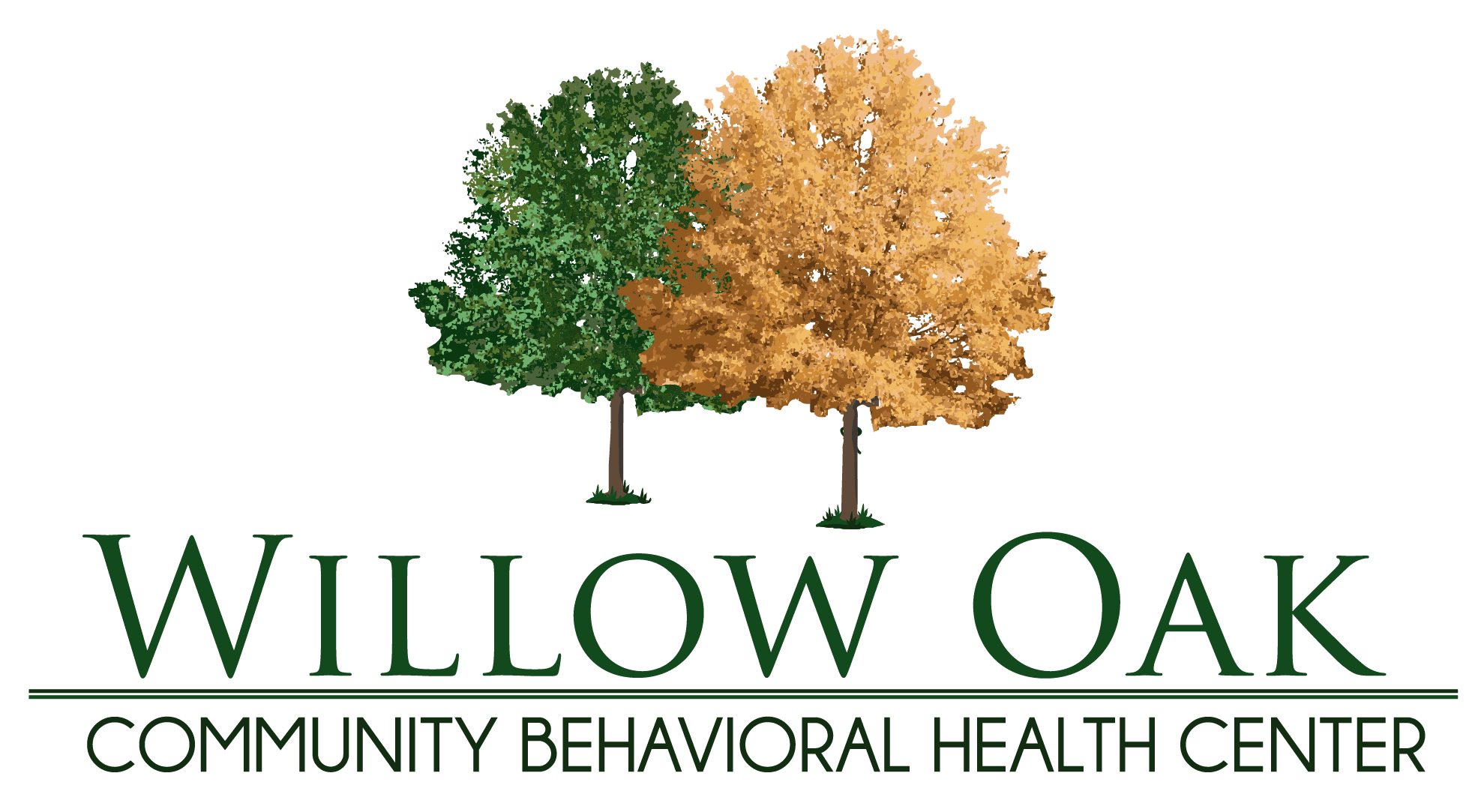The short answer: For individuals with behavioral health conditions, embracing wellness can improve quality and years of life.
A study by the National Association of State Mental Health Program Directors (NASMHPD) found that individuals with severe mental illness (SMI) die years earlier than those without these disorders, most often of heart disease.
They also experience diabetes, high blood pressure and cholesterol, and obesity at a rate that is 1.5 to 2 times that of the general population.
Wellness Matters
Consider the true story of Jane, a person in recovery who got a wake-up call during a health screening, where she was told
that her blood pressure was dangerously high. Jane had already lost two sisters to heart disease, so she decided to lose
the weight she had gained while taking antidepressant medication. “After losing 40 pounds, [my blood pressure] dropped like a stone,” she said “Paying attention and taking action saved my life.”
Jane’s example shows the importance of considering both physical and mental health. Wellness is more than the absence
of disease or stress; it refers to overall well-being. It’s having purpose in life, participating actively in work and play, and having relationships that give you joy.
SAMHSA’s Wellness Initiative supports embracing the Eight Dimensions of Wellness to achieve improved quality of life and longevity.
There are many ways to enhance well-being and recovery from mental or substance use conditions and trauma. Here are a few other activities:
“¢ Stopping smoking is the single most important thing you can do to improve your health. Data shows that individuals in recovery are 25 to 40 percent more likely to die from heart disease than others, with
smoking being a major contributor.
“¢ In 2008 and 2009, Australian researchers found that belonging to a social group, such as a volunteer group can improve both physical and mental health.
The Eight Dimensions of Wellness
What wellness means and what we focus on varies from person to person. Yet it is useful to think about practical ways we can improve our wellness in each dimension. Here are several examples.
EMOTIONAL–Coping effectively with life and creating satisfying relationships
“¢ Be aware of and listen to your feelings.
“¢ Express your feelings to people you trust.
FINANCIAL–Satisfaction with current and future financial situations
“¢ Be thoughtful and creative about your budgeting and
spending.
“¢ As needed, meet with financial professionals who provide free
or low-cost services for guidance.
SOCIAL–Developing a sense of connection, belonging, a well-developed support system
“¢ Make at least one social connection per day by calling, e-mailing, or visiting someone.
“¢ Get active in a support group.
SPIRITUAL–Expanding our sense of purpose and meaning in life
“¢ Make time for practices that enhance your sense of connection
to self, nature, and others.
“¢ Take time to discover what values, principles, and beliefs are
most important to you.
OCCUPATIONAL–Personal satisfaction and enrichment derived through one’s work
“¢ Work toward a career in a field you are passionate about or a volunteer activity that has meaning for you.
“¢ Communicate with your supervisor regularly and get support when needed.
PHYSICAL–Recognizing the need for physical activity, diet, sleep, and nutrition
“¢ Take the stairs instead of the elevator; replace driving with walking or bicycling when possible.
“¢ Get enough sleep–your body needs it to rejuvenate and stay well!
INTELLECTUAL–Recognizing creative abilities and finding ways to expand knowledge and skills
“¢ Research a topic that interests you and share what you learned with others.
“¢ Find creative outlets that stimulate your mind and sense of curiosity.
ENVIRONMENTAL–Good health by occupying pleasant, stimulating environments that support well-being
“¢ Appreciate nature and the beauty that surrounds you.
“¢ Seek out music and other experiences that have a calming effect on your well-being.
ADDITIONAL RESOURCES
U.S. Department of Health and Human Services
http://www.hhs.gov
SAMHSA-HRSA Center for Integrated Health Solutions
http://www.integration.samhsa.gov/
healthfinder®
http://www.healthfinder.gov
Million Hearts®
http://www.millionhearts.hhs.gov
STAR Center
http://www.consumerstar.org
National Empowerment Center
1–800–POWER2U (1–800–769–3728)
National Wellness Institute
http://www.nationalwellness.org
Peerlink National Technical Assistance Program
http://www.peerlinktac.org



No Comment
You can post first response comment.